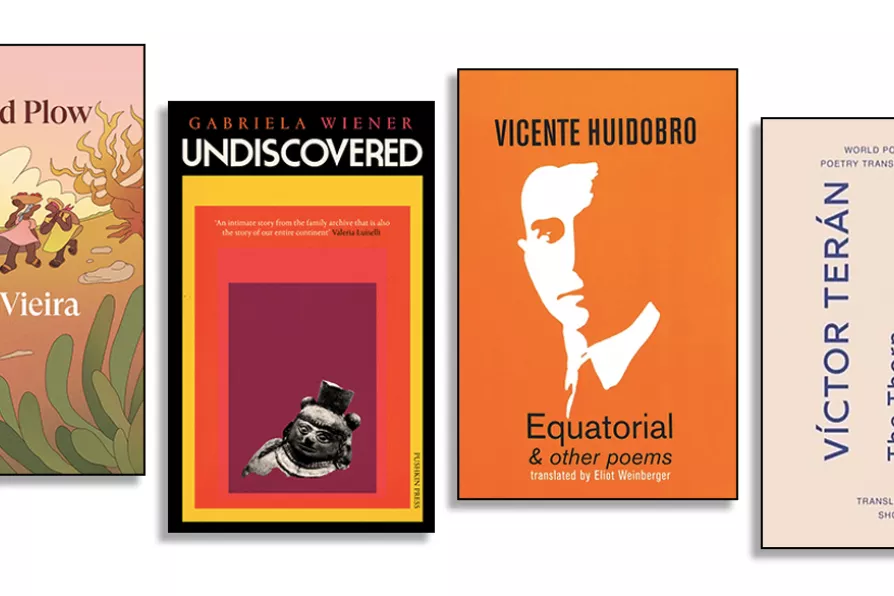MATTHEW HAWKINS contrasts the sinister enchantments of an AI infused interactive exhibition with the intimacies disclosed by two real artists


THE opening scene in Crooked Plow (Verso, £10.99), Brazilian author Itamar Vieira Junior’s debut novel, serves as a metaphor for the whole book.
In a certain farming community in the north-eastern region of Brazil, there is a violent incident involving a kitchen knife. The incident has a profound impact not only on the people directly affected by it but also on the entire community, which was descended from Afro-Brazilian slaves. For generations, this community of subsistence farmers has been exploited, subjugated and subjected to racial discrimination.
The book, beautifully translated by Johnny Lorenz, delves into the lives of Bibiana and Belonisia, two sisters, along with their family and wider community, living in the floodplains of the imaginary Agua Negra. It is a plantation situated in the region of Bahia, the author’s birthplace, occupied by poor farmers exploited by the Peixoto family.

A novel by Argentinian Jorge Consiglio, a personal dictionary by Uruguayan Ida Vitale, and poetry by Mexican Homero Aridjis













